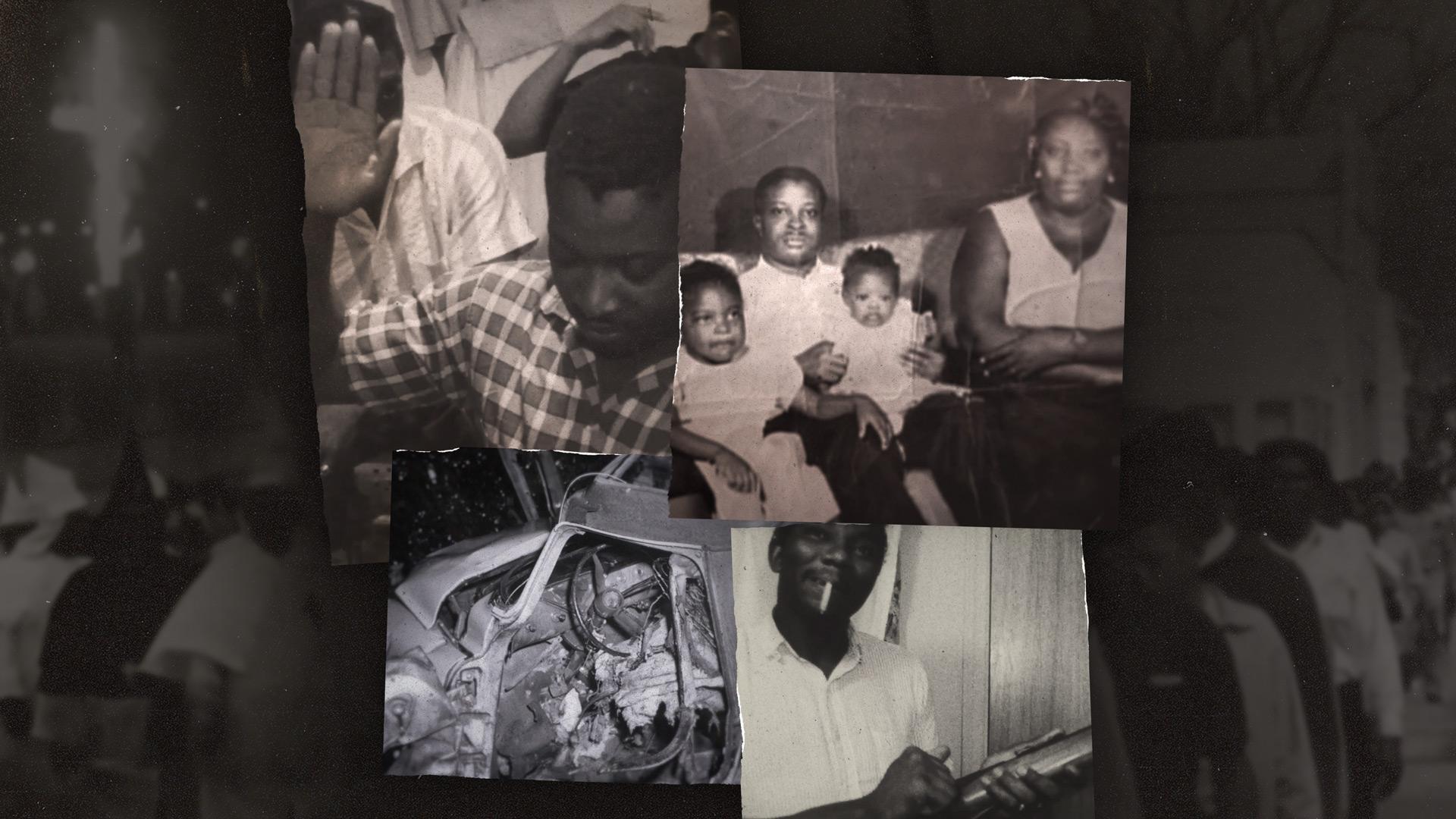Juan Cole is a brand name that is no longer trusted. And that has been the case for some time for the Professor from Michigan. After warning of the “difficulties” with the Iraq War, Cole swung over to ply it with burning kisses on the day of the U.S. invasion of Iraq. His fervor was not based on Saddam Hussein’s fictional possession of weapons of mass destruction but on the virtues of “humanitarian imperialism.”
Thus on March 19, 2003, as the imperial invasion commenced, Cole enthused on his blog: “I remain (Emphasis mine.) convinced that, for all the concerns one might have about the aftermath, the removal of Saddam Hussein and the murderous Baath regime from power will be worth the sacrifices that are about to be made on all sides.” Now, with over 1 million Iraqis dead, 4 million displaced and the country’s infrastructure destroyed, might Cole still echo Madeline Albright that the price was “worth it”? Cole has called the Afghan War “the right war at the right time” and has emerged as a cheerleader for Obama’s unconstitutional war on Libya and for Obama himself.
Cole claims to be a man of the left and he appears with painful frequency on Amy Goodman’s Democracy Now as the reigning “expert” on the war on Libya. This is deeply troubling – on at least two counts. First, can one be a member of the “left” and also an advocate for the brutal intervention by the Great Western Powers in the affairs of a small, relatively poor country? Apparently so, at least in Democracy Now’s version of the “left.” Second, it appears that Cole’s essential function these days is to convince wavering progressives that the war on Libya has been fine and dandy. But how can such damaged goods as Cole credibly perform this marketing mission so vital to Obama’s war?
Miraculously, Cole got just the rehabilitation he needed to continue with this vital propaganda function when it was disclosed by the New York Times on June 15 that he was the object of a White House inquiry way back in 2005 in Bush time. The source and reason for this leak and the publication of it by the NYT at this time, so many years later, should be of great interest, but they are unknown. Within a week of the Times piece Cole was accorded a hero’s welcome on Democracy Now, as he appeared with retired CIA agent Glenn Carle who had served 23 years in the clandestine services of the CIA in part as an “interrogator.” Carl had just retired from the CIA at the time of the White House request and was at the time employed at the National Intelligence Council, which authors the National Intelligence Estimate.
It hit this listener like a ton of bricks when it was disclosed in Goodman’s interview that Cole was a long time “consultant” for the CIA, the National Intelligence Council and other agencies.
Yazidis returning to their homes in the Sinjar district of Iraq have demanded international intervention to protect them from the ongoing Turkish bombing.
Since 2017, near 80 Yazidi people were killed by Turkish airstrike, 64 of them from Sinjar Resistance Units which is formally affiliated with Popular Unites, according to a high ranking military officer in YBS.
Saad Hamo is a young Yazidi who was forced to leave south Sinjar and settle in Mount Sinjar after the Islamic State (IS) invaded the district, forcing thousands of Yazidis into displacement, but not before committing what the UN believed was a “genocide” against them and other Iraqi components.
Many Yazidis were reluctant to return to their homes amid the ongoing Turkish attacks under the pretext of attacking Kurdistan Workers Party (PKK) sites, Hamo told Al-Monitor. In the Sardashti camp for displaced Yazidis, “These people did not leave Sinjar despite all the tragedy that befell them, and we are looking for other ways to convince those who remain in the displacement camps in Kurdistan Regional Government (KRG) to return.”
Hamo never left the area and witnessed how his people resisted IS. If another war breaks out, he said, “I will never leave.”
Now, there are 350 thousand internally displaced Yazidis in Iraq, and more than 100 thousand have left Iraq permanently. Despite the victory against IS in 2017, the displaced Yazidis were not able to return yet.
On Feb. 2, Turkey bombed several military sites in Mount Sinjar in northern Iraq, belonging to the 80th Regiment within the Iraqi Popular Mobilization Units (PMU), mostly made up of Yazidis. Joint military sites between the Iraqi army and the PMU were also targeted. The Turkish Ministry of Defense published pictures showing Turkish Defense Minister Hulusi Akar supervising the operation which destroyed PKK hideouts.
Yazidi refugees have been prevented from returning home as a result of repeated and indiscriminate attacks by Turkish planes across the border in northern Iraq, including Kurdish areas.
Under the pretext of attacking Kurdistan Workers' Party (PKK) bases, Turkey’s air force has been pounding the Sinjar region for some time, causing serious damage and making the whole area unstable.
As a result, representatives of the Yazidi community have called on the international community to provide protection from Erdogan’s bombs.
Since 2017, some 80 Yazidis have become the victims of “collateral damage” from Turkish air strikes against PKK targets in Iraq where many of its fighters found refuge. Turkey considers the PKK a terrorist organisation.
Many Yazidis “did not leave Sinjar despite all the tragedy that befell them,” Yazidi leader Saad Hamo told al-Monitor, a news website. “We are looking for other ways to convince those who remain in the displacement camps in Kurdistan Regional Government (KRG) to return.”



















